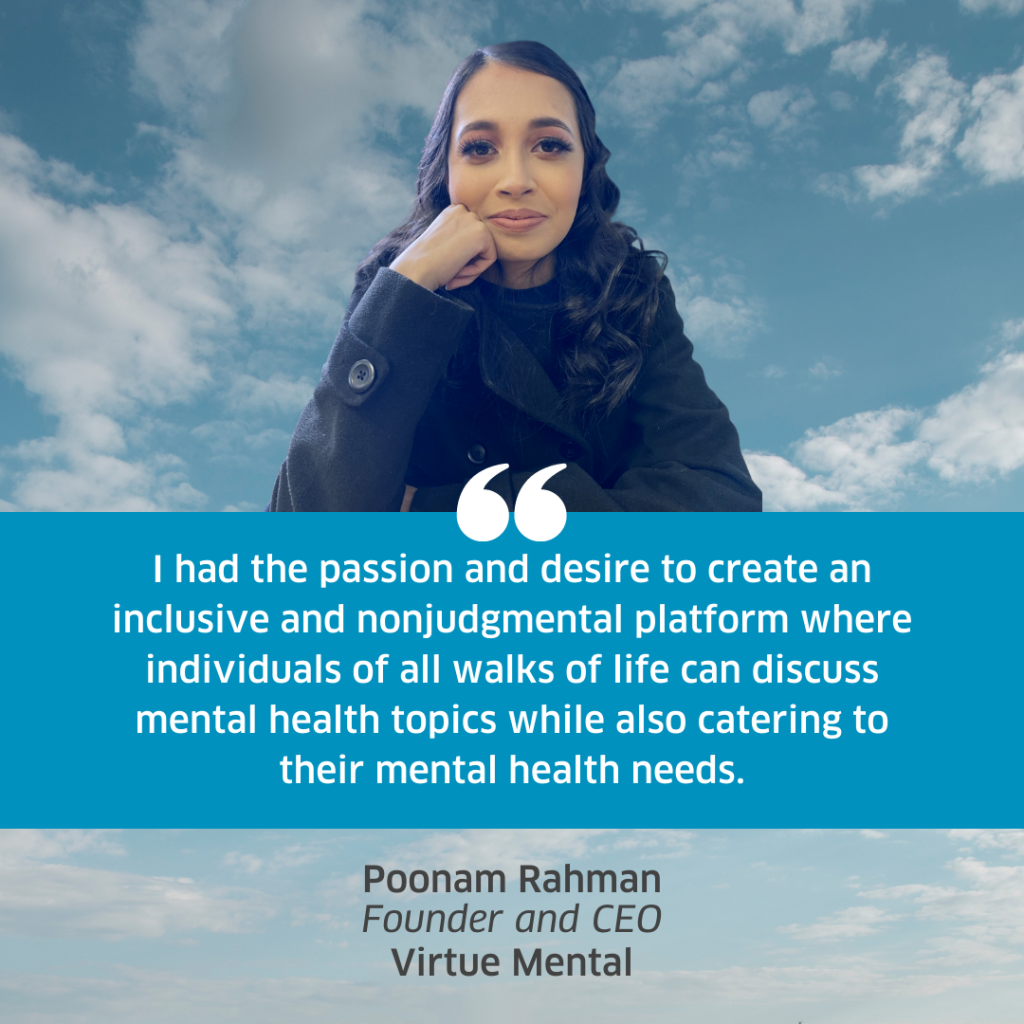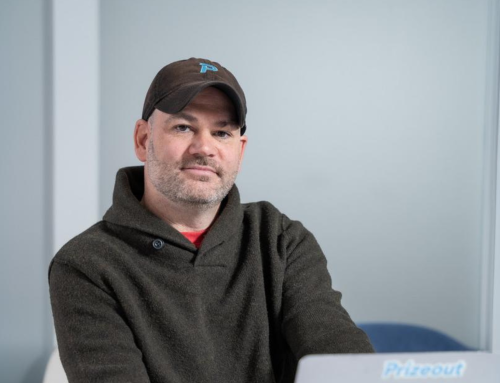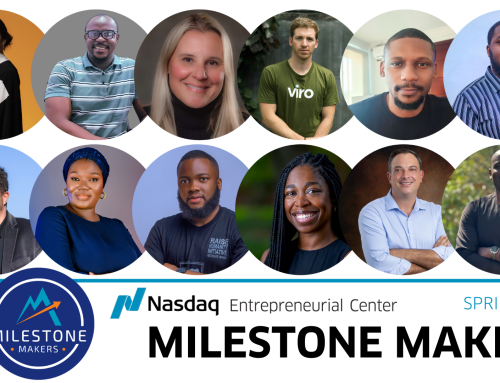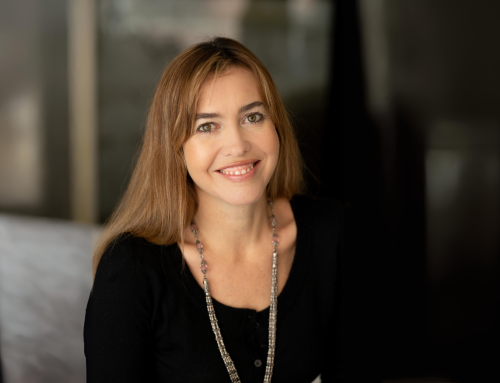Poonam Rahman is the Founder and CEO of two international 501(c)3 nonprofits (Virtue Mental and Shattering Bias In S.T.E.A.M.) designed to provide free resources to historically marginalized communities. Observing the lack of access to mental health and S.T.E.A.M. resources within her local community, she felt propelled to create these organizations to lower the barrier to such vital resources needed to succeed. The first, Virtue Mental, aims to provide free mental health resources to individuals who identify as South Asian, Latinx, LGBTQ+, and AAPI. Her second nonprofit, Shattering Bias In S.T.E.A.M., focuses on providing internship and mentorship opportunities to young adolescent girls who are looking to pursue a career within the fields of Science, Technology, Engineering, the Arts, and Mathematics. She has also written a book (also named) “Shattering Bias In S.T.E.A.M.” (publishing in early 2022) which focuses on eradicating implicit gender bias within the field of S.T.E.A.M. and creating a more inclusive work environment for all women.
What does “entrepreneurship” mean to you?
 Poonam Rahman: I define entrepreneurship as providing value to the world in a meaningful manner whether it’s through goods or services. It is also about being inspired to create innovative and purposeful solutions to solve issues that you are passionate about.
Poonam Rahman: I define entrepreneurship as providing value to the world in a meaningful manner whether it’s through goods or services. It is also about being inspired to create innovative and purposeful solutions to solve issues that you are passionate about.
How did your company come to be?
PR: Growing up as a Bangladeshi-American, mental health was always stigmatized and was seen as a taboo topic of discussion. In many parts of Bangladesh, you are seen as less than a human being if you have a mental illness or if you seek mental health help. During quarantine, I had a lot of time to think and contemplate my experiences as a South Asian American and I came to the realization that there aren’t many resources and platforms out there that focus on fulfilling the mental health needs of marginalized communities such as my own. This realization was the motivating factor for me to create Virtue Mental: I had the passion and desire to create an inclusive and nonjudgmental platform where individuals of all walks of life can discuss mental health topics while also catering to their mental health needs.
How has your business changed in response to the COVID-19 pandemic?
PR: Virtue Mental was created in the midst of the COVID-19 pandemic which allowed us to serve more people in different parts of the world since we were working via Zoom and remotely. On the flip side, we have been planning in person support groups and events to build a greater sense of community, and to potentially create more partnerships with local nonprofit organizations that are doing similar work as us.
What is your proudest and darkest moment so far?
PR: Throughout my personal entrepreneurial journey, I have had countless ups and downs which shaped who I am today. One of my proudest moments as the Founder and CEO of Virtue Mental was when we reached 100 international interns within our organization! When I initially launched Virtue Mental, I had no expectations of it becoming international, let alone so many people being so invested in my mission to serve marginalized communities and making mental health accessible. On the other hand, one of my darkest moments was when I was continuously working 15-20 hour days for the duration of the entire summer in preparation of our launch which led to my physical and mental wellbeing to drastically decline. This experience also inhibited me from spending time with my friends and loved ones, and led to severing many meaningful relationships.
How is your company changing the landscape?
PR: We are transforming the nonprofit sector by implementing more opportunities for high school and undergraduate students to get involved in the frontlines of providing mental health resources. Within Virtue Mental, we have a curriculum-based internship program where students ages 16-26 are able to learn technical and essential job-related skills such as project management, data analysis, and graphic design whilst creating unconventional initiatives that focus on serving the mental health needs of the Latinx, AAPI, LGBTQ+, and South Asian communities.
What do you wish you knew when you started? Is there anything you would do differently?
PR: When I first launched Virtue Mental, I had no sense of time management. I wanted to do everything in one day which eventually led to a breaking point for me. I wish I would have known that I should take things day by day and I don’t have to check every box of my extensive to do list in one singular day. Rome wasn’t built in a day. Furthermore, I wish I knew that entrepreneurship is like a rollercoaster where some days you will have your highs and wins, and on other days you feel like the world is against you. Something I would do differently is prioritize the mental wellbeing of myself and my team members as self-care is a value we strive to emphasize at Virtue Mental, but something we do not practice enough.
What advice/credo do you live by as you grow the business / what is your professional and personal mission statement?
PR: “Service to others is the rent you pay for your room here on earth” the famous Muhammad Ali quote. Sometimes I feel a bit discouraged and unmotivated when things don’t go as planned but I am reminded by this quote as I realized that service is part of my life’s purpose regardless of the ups and downs I may undergo along the way.
Where do you find inspiration when faced with challenges?
PR: My inspiration comes from my personal experiences undergoing mental health challenges as a South Asian American and the stigma I have faced from my own community. My goal through Virtue Mental is to not only provide free mental health resources to marginalized communities, but to also provide an inclusive and openminded platform for individuals regardless of their race, religion, socioeconomic status, etcetera may vent and openly speak about mental health concerns.
What does “success” look like for you? What do you think will help you achieve it?
PR: Success for me looks like making a significant impact on the world while helping as many people as possible through trials and tribulations. The way we will be able to achieve this is by staying passionate and consistent within our work, and having a clear vision of our definition of success. Through hard work and perseverance, we hope to create vital mental health resources and strive to eradicate the stigma that is all too prevalent and marginalized communities.
Has personal or professional “success” changed for you since the COVID-19 pandemic?
PR: Yes, during the pandemic, I realized there were a lot of issues women of color undergo on a daily basis such as gender violence, mental health and work stability. This inspired me to also pursue the pre-law track on top of my pre-med studies so I may use my knowledge and expertise to make a more significant impact. Before the pandemic, I was a bit performative about such social justice issues, but the pandemic inspired me to be more aware and take action.
What’s it like to work alone or with your partners? What advice do you have for fellow entrepreneurs about building and leading teams?
PR: It has been an amazing experience to work remotely with my team members! Despite the language barriers and time differences of our team members, we are all united by our passion and drive towards the mission of Virtue Mental. One piece of advice I would provide to my fellow entrepreneurs is to find people who are just as passionate about your mission as you are. It is essential to have people on your team who share your vision and have big goals for the direction of your business/nonprofit. I would also recommend that founders should network with other founders so you can learn from each other and create a greater sense of community.
Many entrepreneurs continue to perfect their daily routines to support their work and greater vision; would you mind sharing your morning routine or a regular ritual that grounds your work each day? How has it changed in recent months?
PR: After working in the mental health space for around over a year now, I have learned the importance of having a morning routine and conquering the day with productivity and mindfulness. My morning routine consists of prayer, meditation, getting freshened up, and creating my to do list for the day ahead of me. In the past, my morning routine felt very rushed, but I have come to realize the importance of having a calm routine and feeling centered so start the day off strong.
What keeps you motivated during this time?
PR: One thing that keeps me motivated is the fact that I am potentially saving the lives of countless people around the world and creating a support system for them. I remember receiving an email one day from a support group client and the individual stated that she has struggled with finding a community but feels at home whenever she attends our support groups. I have this email bookmarked which I refer to every time I feel overwhelmed and distressed.
What kind of an entrepreneur do you want to be known as, as in, what do you want your legacy to be?
PR: I would like to be known as a passionate entrepreneur that went out of her way to make mental health resources more accessible and eradicate stigma. I want to leave behind a legacy of a person who assisted in the mental health movement and as someone who has been a contributor to making the world an inclusive place for all.
What is a quote or some words of wisdom that help get you through the tough days?
PR: “The struggle you are in today is developing the strength you need for tomorrow.” Entrepreneurship is undoubtedly a very bumpy field and you will endure many trials and tribulations, but you have to understand that this pain is temporary, and everything will work out at the end of the day.
Have you experienced mentorship in your career? Do you feel it was easily available to you?
PR: Yes, Virtue Mental has tremendously benefited from mentorship since the inception of our nonprofit back in May 2020. I feel like each person I spoke to regarding Virtue Mental I was able to gain some mentorship from them. I believe mentorship is all around us, not something you have to go out and search for. I have also been mentored by my interns as well where they have taught me several tips and techniques such as different software that Virtue Mental can benefit from in the future.
Who are the people who have mentored or influenced you in your life or career? How has their influence changed the trajectory of your entrepreneurial journey?
PR: I couldn’t have made it this far as an entrepreneur and in the nonprofit sector without my mentors Ashley Olafsen and Tassbieh Hassan. Their guidance and mentorship significantly influenced the development of Virtue Mental and myself personally. Ashley and Tassbieh have provided insight on ways to build meaningful connections with my team members, how to network with other nonprofit executives, and more which has expanded Virtue Mental significantly. A special shout out to Ashley Olafsen and Tassbieh Hassan!
Do you have someone you’d like to nominate to be profiled in our Faces of Entrepreneurship series? Please let us know by emailing media@thecenter.nasdaq.org.




Invite a Friend
Close